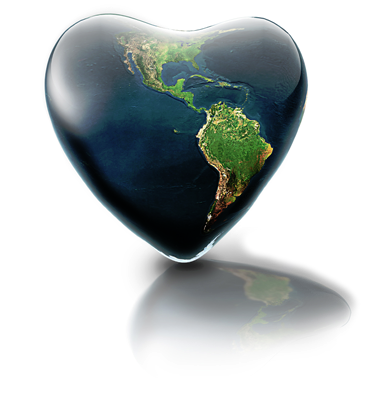By: Kelly Williams
Is the glass half full or half empty? Are you an optimist or a pessimist? Do you see opportunities or challenges? One’s answers to these familiar questions have often stimulated thought and discussion. Similarly, our Degrees of Well-Being (DOWB) self assessment tool, created and launched a few years back, invites individuals to answer 93 statements based on how they are currently living their lives. Not how they would like to be living their life. And, there is a big difference between the two.
Time and time again, the one area on DOWB that shows up as an “area of opportunity” for those who have taken the self assessment, is the area of choice. In our experience, that equates to the ability to see that there are choices in every aspect of our interactions with people and things. Hence, to see or not to see. Seeing beyond the glass – not as either half empty or half full – rather seeing the choice in choosing to see the glass as either. Choosing to be grateful for the water, the glass, the cupboard in which the glass is stored, etc., etc.
The ability to identify the distinction of choice in every environment is a powerful one, creating new light in every situation. For example, the significant other of a friend of mine asked her to be patient with their relationship while he works on some issues on his own. They have been together for almost six years. Per his request, they have not seen each other for the last two months. She has expressed a great deal of frustration regarding this situation and her energy around it stemmed from being at the effect of the situation and thinking there was no choice. When we do not perceive choice, we feel powerless and often a cycle of unwellness and inaction ensues. Once my friend understood that she had choices, although she loved none of them, she was able to move forward. It is the ability to see choice in everything that allows us to regain our own power.
Choice is a conscious act. A decision. To stop blaming or complaining about the circumstances and look for the choices in every situation. Some choices may feel easier than others because the stakes are not significant, like choosing chocolate or strawberry ice cream for dessert. Others are easy because the consequences are unattractive; procrastinate or pay the bills on time. Raise the stakes, however, and things seem to become more complicated. Think about leaving a steady, stable job with benefits for an unknown adventure. Asking your significant other for time despite the resistance. Hard or easy, everything is a choice.
How do you experience choice in your life? What do you have to give up in order to acknowledge that there is a choice? Is this decision moving you forward or keeping you stuck?

